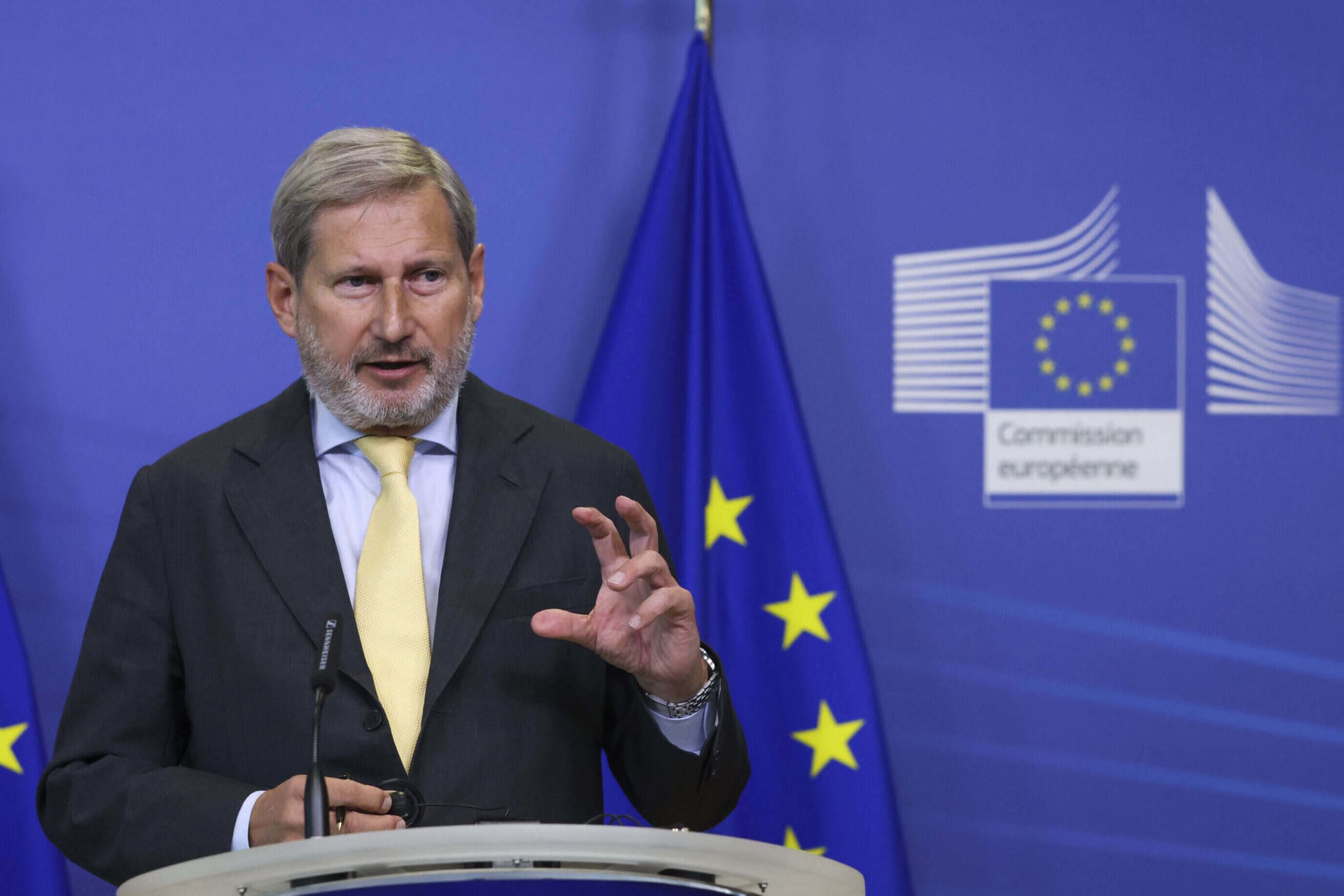The European Union has issued the first issue of the package of bonds to support the green economy. Experts expect great interest from investors, with expectations that the bonds will be sold quickly. That will allow, for example, cheaper funding of environmentally friendly programs.
By issuing the green bonds, the European Union will receive up to a quarter of a trillion euros in the coming years. Thus overtaking a number of countries, including France, which is one of the world’s leading issuers of green bonds, wrote the Bloomberg agency.
“This will be the largest green bond out there, and it will provide investors with one of the most (or the most) liquid green bonds,” told Julian Kreipl, a credit analyst at UniCredit SpA, to Bloomberg.
Because green bonds are among the safest assets on the market, Kreipl now expects an order book of more than 100 billion euros.
“Demand for European green bonds will be huge,” analyst Kerr Finlayson of NatWest Markets told Bloomberg.
With green bonds, the European Union wants to cover a third of the emergency recovery fund, which should help to restart economies after the coronavirus pandemic. Green bonds guarantee that owners will invest in environmentally friendly projects such as clean energy and transport. The European Commission will also report to investors on any environmental impact.
The green bonds should ensure that the European Union’s borrowing costs will be reduced, as these bonds are more advantageous compared to traditional ones. They contain a bonus, the so-called “greenium.”
However, the European green bond will also create business for some banks. Companies like Bank of America, Credit Agricole, and Deutsche Bank will earn more than $400 billion (€346 billion) in sales fees this year alone.
Through this issue, the European Union will become one of the leading players in the green bond market. EU commissioners believe that green bonds could be more interesting for investors than classic ones. They are supposed to prove that the European Union is serious about achieving climate neutrality. At the moment, a third of European Union member states, including France and Poland, also issue green bonds.






